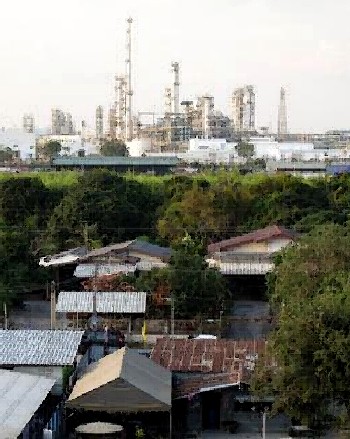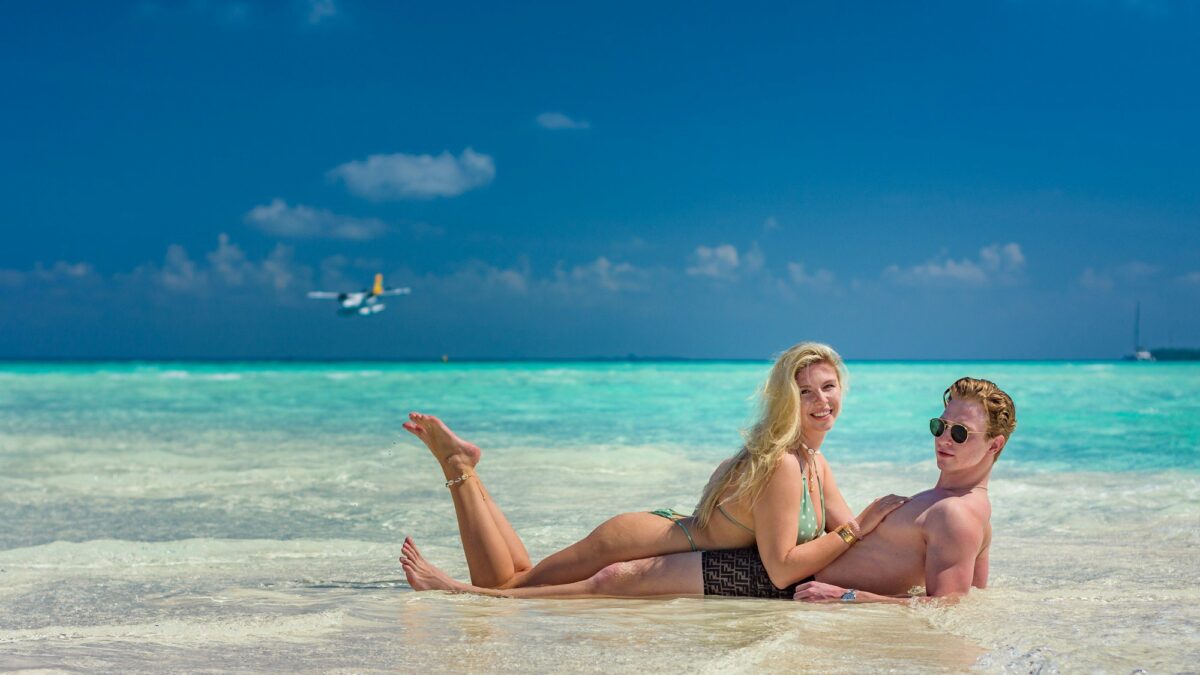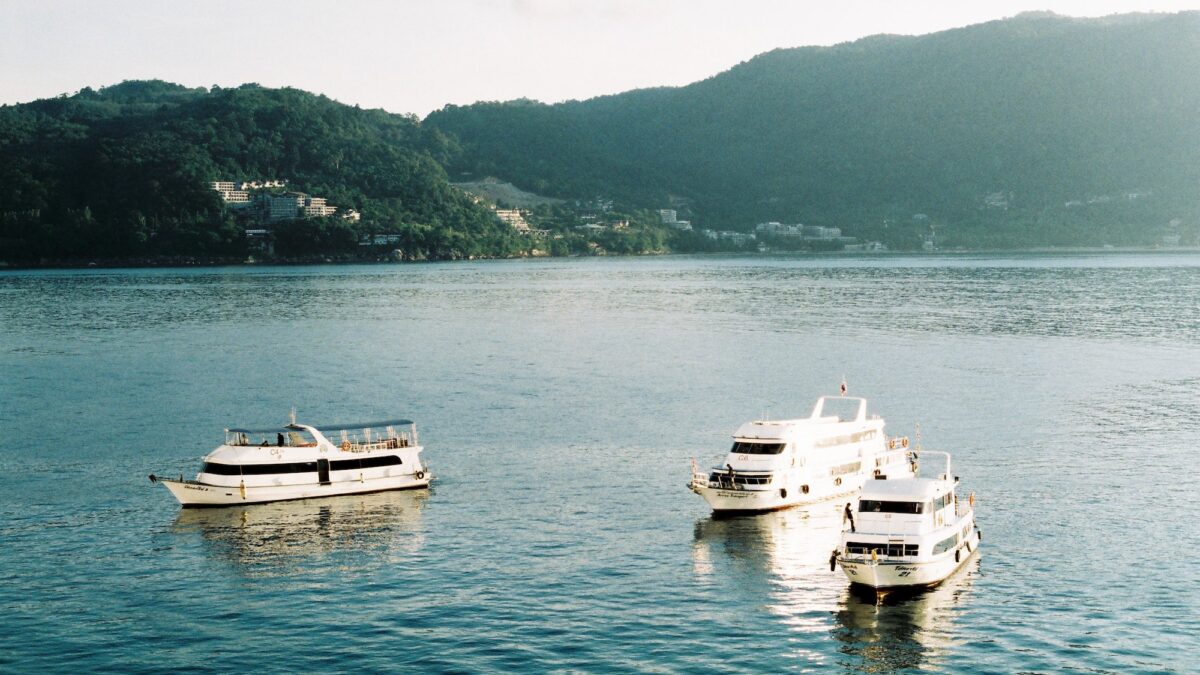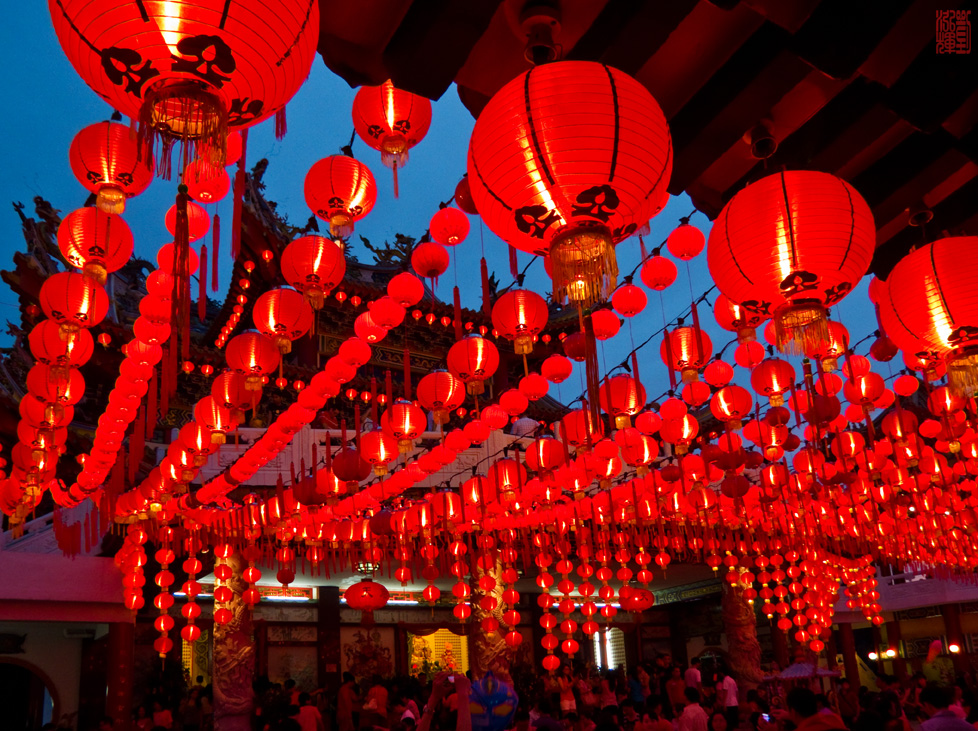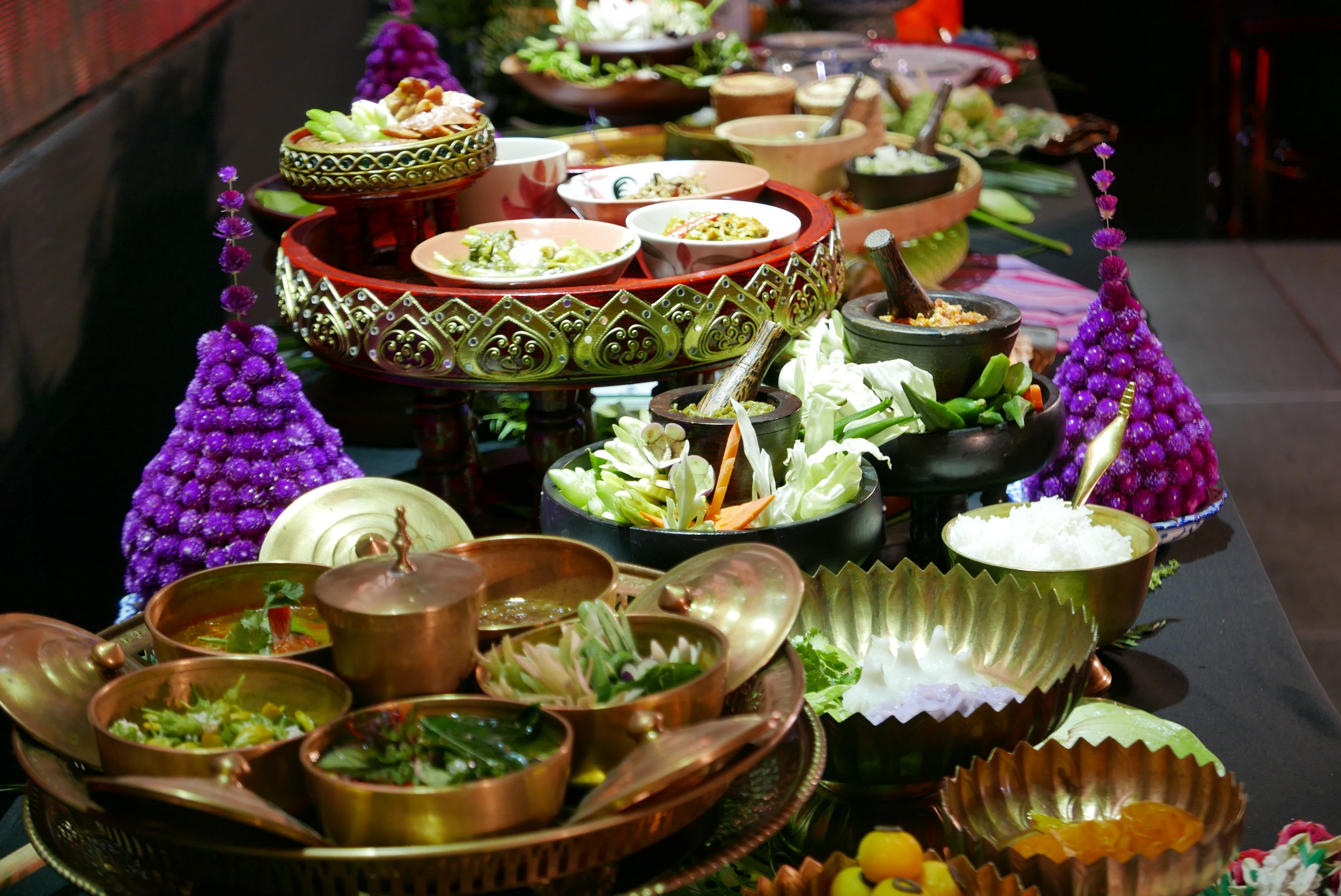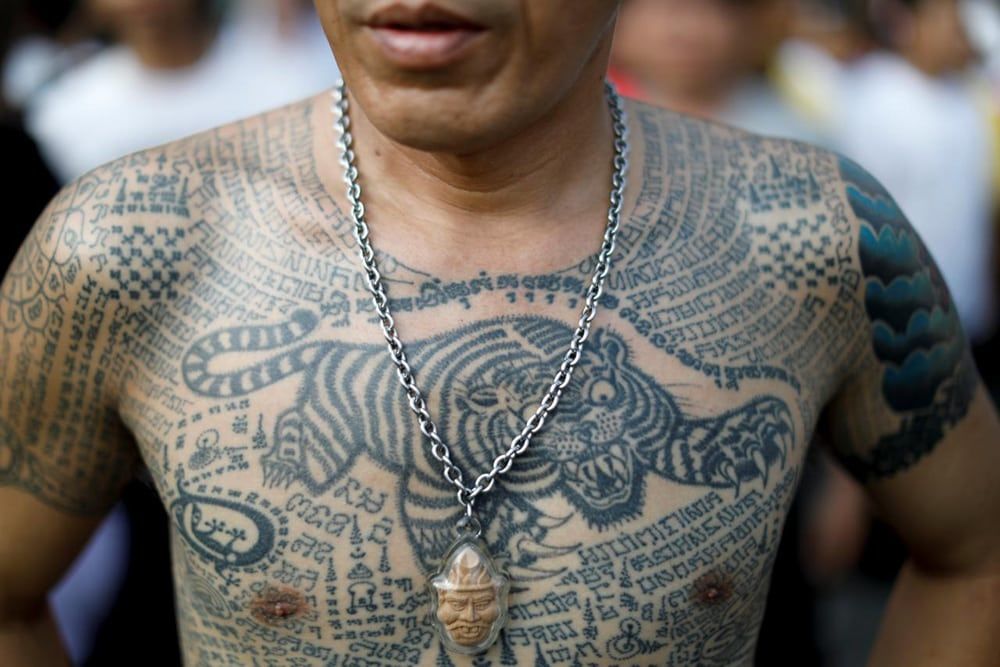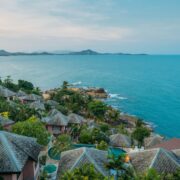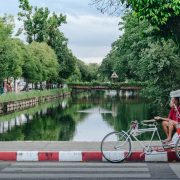Thailand’s eco-friendly New Year resolutions
 Apart from Kate Moss – who flew in late for her year-end holiday in Phuket after a rough morning-after cost her £20,000 in missed flights – Thailand’s worst New Year hangover will be shared by investors in 64 projects still in blocked in the huge industrial estate of Map Ta Phut.
Apart from Kate Moss – who flew in late for her year-end holiday in Phuket after a rough morning-after cost her £20,000 in missed flights – Thailand’s worst New Year hangover will be shared by investors in 64 projects still in blocked in the huge industrial estate of Map Ta Phut.
These industrial projects are among 76 projects worth $12 billion brought to a halt by a landmark court ruling that they had broken the constitution through inadequate health and environment impact studies.
Most of the projects remain at a standstill at the year-end, confirming Thailand‘s new reverence for the environment.
‘The lesson of the Map Ta Phut case is that at the end of the day, we cannot remain ignorant about the importance of sustainable development,’ said Thailand‘s Prime Minister Abhisit Vejjajiva.
On the environment, in fact, Thailand can resemble Boston’s Chicago River – sometimes bright green but often rather murkier.
Thailand’s revered King Bhumibol even foreshadowed current environmental attitudes back in 1974 by introducing his theory of a ‘Sufficiency Economy’, with a frugal appetite for natural resources.
But Dr Singh Intrachooto, one of the new generation seeking to set Thailand on a new environment-friendly path, admits the average Thai still ignores green issues.
‘I still cannot get around the fact that the average Thai does not really care about green innovation or environmental responsibility,’ he told cnngo.com.
Yet 2009 has brought a flourish of initiatives that will give Thailand a much more eco-friendly profile. The Energy Ministry has announced deeper cuts in power consumption while the Industry Ministry is nurturing the manufacture of eco-cars.
The real estate and hospitality industry is also going green at a blistering pace. At the end of 2009, the Dusit hotel group announced it will have all its properties under the Green Globe environment scheme by the end of 2010.
Dusit’s senior vice-president Octavio Gamarra forecast the tourists will be increasingly concerned about their environment footprint.
‘Green and eco-friendly hotels are becoming a preferred choice,’ he said.
The opening of the Soneva Kiri Six Senses resort an hour outside Bangkok symbolises the shift in attitude.
The resort’s environmental fixation extends from ‘benign building materials’ to a monitoring system to protect indigenous flora and fauna as well as ‘a microgreen organic garden’ and an ‘edible landscaping concept’.
That said, the resort is accessed by its own private airstrip, from which guests are whisked to their villas in a ‘classically-inspired motorboat’.
For long-term residents in Thailand, the environmental bar has been raised by Le Monaco Residence in Bangkok, where energy saving encompasses LED lighting in corridors, solar-heated water and heat-reflecting glass.
Martin Palleros, an Australia-based architect who has worked on projects across Asia including Phuket’s Baan Yamu Residences, sees a broader trend.
‘People are looking for environment-friendly solutions – ways to integrate passive energy, solar energy, water recycling with functionality,’ he says.
In his view, while the timeframe is yet to be set, the destination is already in sight.

